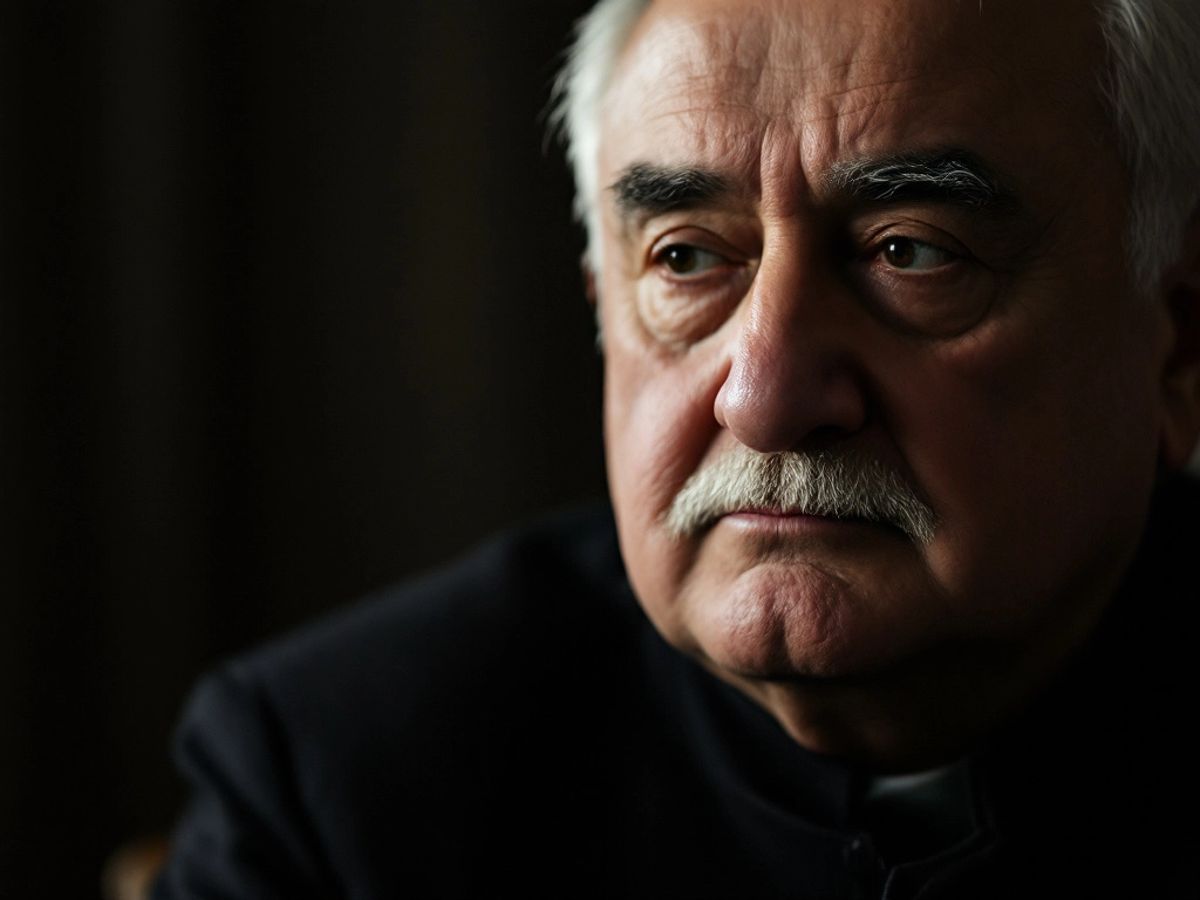Fethullah Gulen, the exiled Turkish cleric and former ally of President Recep Tayyip Erdogan, has died at the age of 83 in a Pennsylvania hospital. Gulen, who was accused of masterminding the 2016 coup attempt in Turkey, spent his later years in self-imposed exile, facing numerous allegations from the Turkish government.
Key Takeaways
- Gulen died in a Pennsylvania hospital after a prolonged illness.
- He was accused by the Turkish government of orchestrating the 2016 coup attempt.
- Gulen’s movement, known as Hizmet, had a significant influence in Turkey and abroad.
- His death may lead to shifts in Turkish politics and the future of his movement.
Background Of Fethullah Gulen
Born in 1941 in Erzurum, Turkey, Gulen was a prominent Islamic cleric who founded a vast movement that promoted education and interfaith dialogue. Initially an ally of Erdogan, their relationship soured over the years, culminating in accusations that Gulen orchestrated a coup attempt in July 2016, which resulted in the deaths of over 250 people.
Gulen had lived in the United States since 1999, where he established a network of schools and institutions that spread his teachings globally. His movement, known as Hizmet, aimed to promote a moderate form of Islam and was influential in various sectors, including education and media.
The Coup Attempt And Its Aftermath
The failed coup attempt on July 15, 2016, marked a significant turning point in Turkish politics. The Turkish government accused Gulen and his followers of attempting to overthrow Erdogan, leading to a massive crackdown on alleged Gulenists. This resulted in:
- Over 77,000 arrests of individuals linked to Gulen’s movement.
- The closure of hundreds of schools and media outlets associated with Hizmet.
- A significant shift in Turkey’s political landscape, with Erdogan consolidating power.
Despite the accusations, Gulen consistently denied any involvement in the coup, condemning the violence and asserting that he had no ties to the events of that night.
Reactions To Gulen’s Death
News of Gulen’s death elicited mixed reactions in Turkey. Many supporters of Erdogan viewed it as a moment of relief, believing it could lead to a normalization of political discourse in the country. In contrast, Gulen’s followers mourned the loss of their leader, who they regarded as a champion of education and interfaith dialogue.
In Istanbul, gatherings occurred outside significant landmarks, with some citizens expressing satisfaction over Gulen’s passing, viewing it as a closure to a painful chapter in Turkish history. Others, however, reflected on the impact of his movement and the ongoing political polarization in Turkey.
The Future Of The Gulen Movement
With Gulen’s death, questions arise about the future of the Hizmet movement. Analysts suggest that:
- There may be a leadership struggle among Gulen’s followers, potentially weakening the organization.
- The movement’s influence in Turkey could diminish further, given the extensive government crackdown in recent years.
- The U.S. government’s stance on Gulen’s followers may shift, impacting their operations abroad.
As Turkey continues to grapple with the legacy of the coup attempt and the subsequent purges, Gulen’s death marks the end of an era, leaving a complex and controversial legacy that will shape Turkish politics for years to come.
Sources
- Turkish cleric, longtime Erdogan rival Fethullah Gulen dies in US aged 83, France 24.
- play, Al Jazeera.
- play, Al Jazeera.
- Fethullah Gulen, alleged mastermind of 2016 coup in Turkey, dies at 83 | Middle East Eye, Middle East Eye.
- Fethullah Gulen: Turkish cleric accused of planning 2016 attempted coup dies, BBC.






